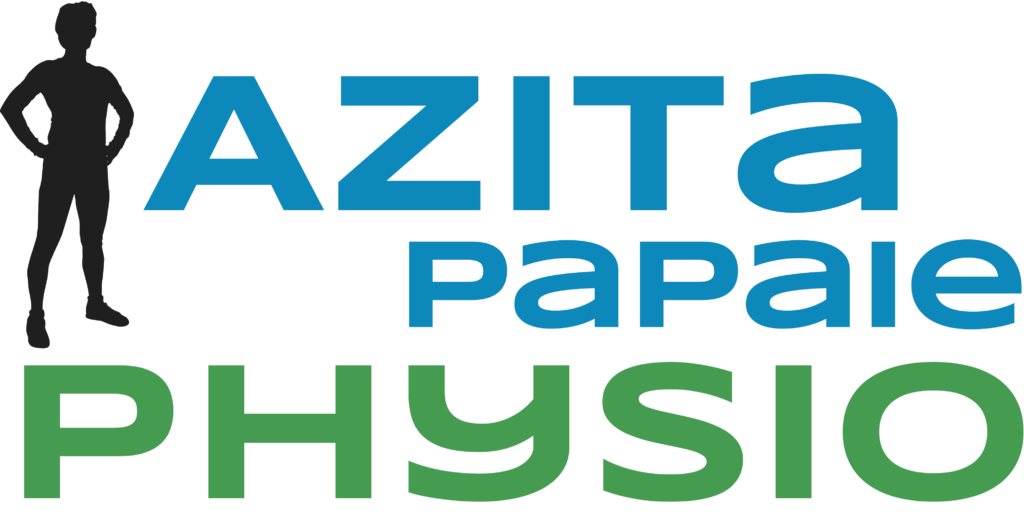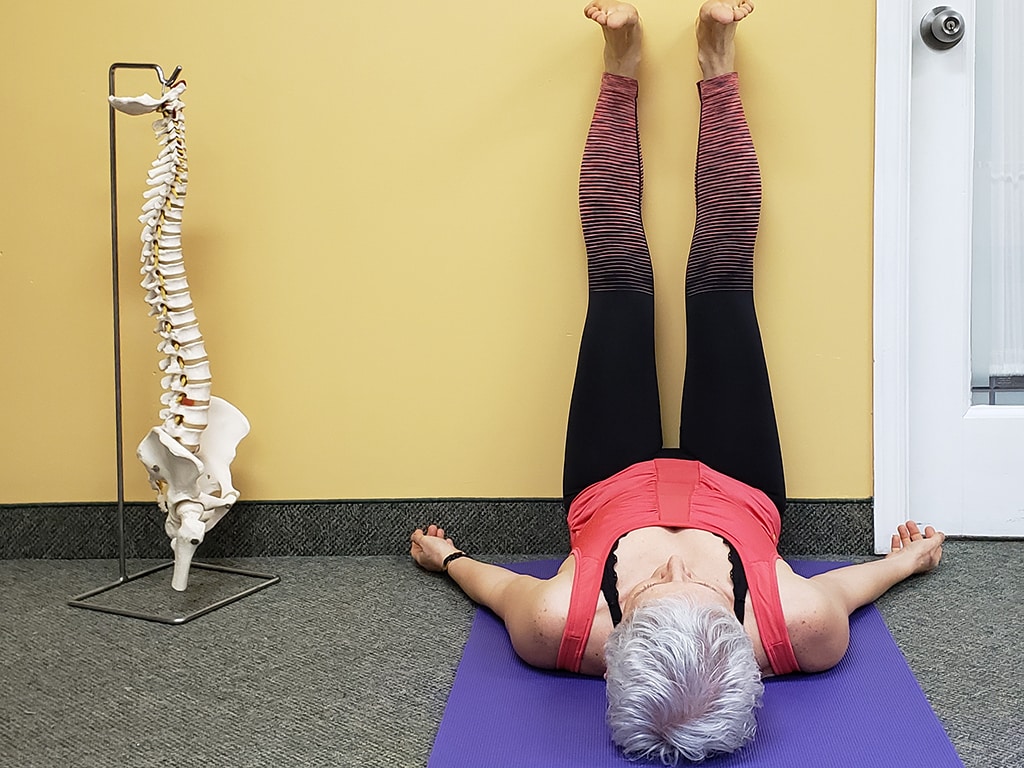
Women’s Pelvic Health
Most of us women go through puberty, pregnancy, labor, delivery, breastfeeding, newborn care and menopause – experiences, which, although wonderful, bring upon significant physical and emotional changes, and oftentimes reflect on women’s pelvic health.
We tend to spend a lot of time and energy worrying about changes in our body, such as acne, stretch marks, weight gain, swollen feet and thinning hair.
However, few of us consider what goes on inside our bodies and how it impacts our overall health.

Hormones and Pelvic Health, a Direct Relationship
The hormonal imbalances women go through – which may be related to menstrual cycle, thyroid insufficiency, pregnancy and labor but also to other factors like stress, lifestyle and nutrition – are at the source of afflictions many of us struggle with: dysmenorrhea (menstrual pain), amenorrhea (absence of menstrual period), vulvar or vaginal pain, endometriosis, polycystic ovarian syndrome (PCOS) and fertility problems, among other issues.
Chronic pelvic pain can be debilitating and difficult to handle on a daily basis. Typically, pelvic pain can occur within the structures surrounding the female reproductive organs – the urinary bladder, the gluteal area, the deep muscles, ligaments and bones in the pelvic region like the coccyx – or from the reproductive organs themselves.
Luckily, the advancements that have taken place in the field of physical therapy over the past years can now provide safe, non-pharmacological, non-invasive solutions for many of the problems that hinder women’s comfort and wellbeing.
Some of the most crippling and draining conditions, such as dysmenorrhea, can be relieved in 6 sessions of therapy that combine deep pelvic massage and visceral mobilization of the abdominal area.
When I touch those areas, my patients are completely surprised by how much tension and how much pain they have in those muscles! As we go through the treatment every session, it becomes less and less painful. Now, if they follow a healthy lifestyle and listen to the advice that I provide on activity levels, nutrition and supplements, mindfulness, relaxation, and stress management, they’ll be able to maintain that state of relaxation for much longer periods of time.
– Azita Papaie
How Physical Therapy Can Help Reduce Pelvic Symptoms and Pain
The manipulations and massages done during a physiotherapy session not only help relieve tensions in the pelvic area, but also balance hormone production by stimulating the ovaries and surrounding regions. This plays a direct role in appeasing pelvic pain and related conditions, by helping relax, oxygenate and increase circulation in those areas.
In the case of dysmenorrhea, for instance, the most common symptoms are an aching pain in the abdomen, or a feeling of pressure in the pelvic area, as well as back pain, hip pain, and pain in the inner thighs.
Menstrual pain is a result of the engorgement of the uterus, the muscular pouch where babies grow. If the uterus enlarges due to this engorgement, it can press against nearby blood vessels, cutting off the supply of oxygen to muscle tissue and nearby organs. Pain occurs when muscles temporarily lose their oxygen supply.
The good news is that we can find ways to alleviate these problems!
Mercier Therapy is a technique used to help restore the health and general wellbeing within the female pelvis and abdominal viscera, and it has been particularly helpful for women suffering from dysmenorrhea or amenorrhea.
By applying this technique, I am able to mobilize and restore blood flow to reproductive organs through deep visceral manipulation of the pelvis. As a result, any restrictions are relieved, and movement is replenished among organs and surrounding structures, enhancing their natural and optimal functions. This helps reduce menstrual cramps and discomfort for patients who have debilitating dysmenorrhea.
– Azita Papaie
Book an Evaluation Appointment
Azita Papaie is a registered physiotherapist passionate about the holistic approach to human body, health and well-being based in Montreal. She has obtained her certification from the Mercier Therapy Professional Training Center.
The Mercier Therapy protocol includes 6 sessions of 60 minutes completed within a 1 to 6-week period in which the abdomen is worked upon to accomplish the goal of releasing organ restriction.



